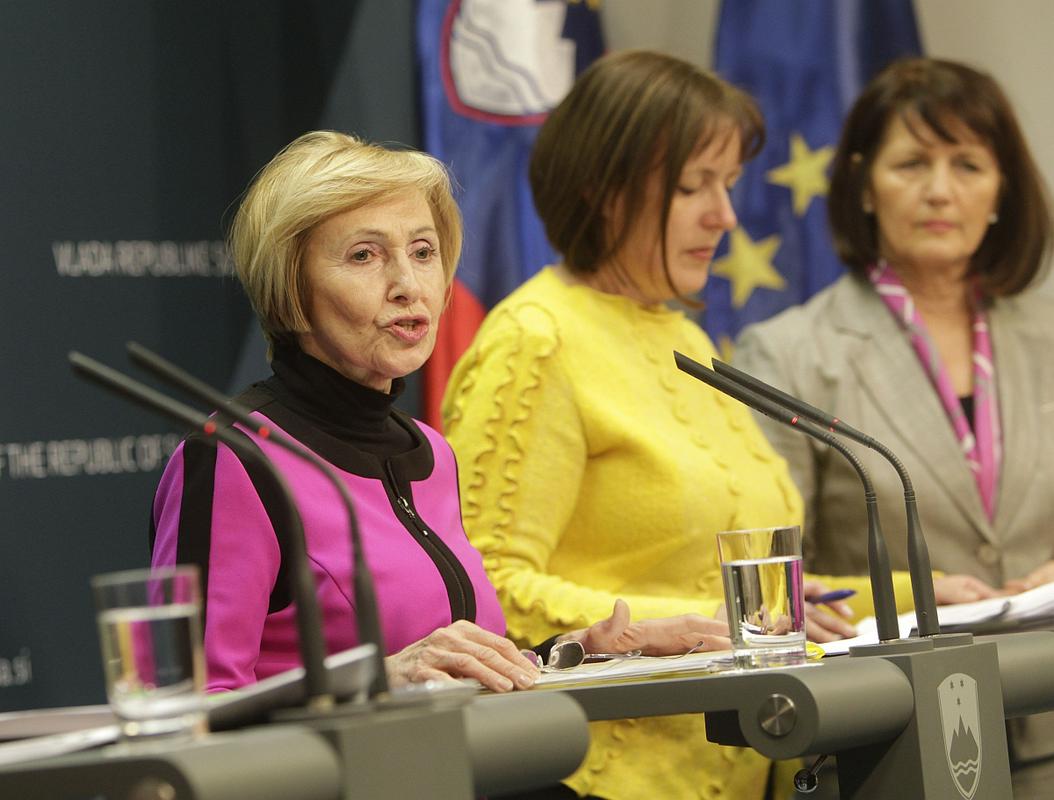
After 24 years, a new Healthcare and Health Insurance Bill has been introduced – one that is modern, that insures long-term funding, and that has received support of the coalition, said Health Minister Milojka Kolar Celarc.
The implementation of the legislation is expected to take place in several phases ending in 2022, the Health Ministry explains. Next year, new contribution brackets are expected to be set up. The abolition of supplementary health insurance is scheduled to begin in 2019 and be completed by 2021.
The range of benefits will not be reduced, but the additional payment for benefits now covered by supplementary insurance will be eliminated, says Minister Kolar Celarc. According to the Minister, the proposed legislation is part of an effort to include all residents of Slovenia in the mandatory health insurance program and to ensure that all children have insurance. All children under the age of 18 will be insured. Beyond this age, everyone will be covered until the completion if the second Bologna tier of higher education, up to the age of 26. On the other hand, the health insurance of partners is being limited.
All benefits based on mandatory health insurance will be specified. Also, a time limit for paid sick leave will be implemented. Sick leave compensation will be set at 80 percent of the minimum wage or, at most, 2.5 times the average wage. Sick leave compensation will be limited to one year or 18 months in the period of two years. If a person spends more time on sick leave, the authorities will consider changing his or her status – either to retire or reclassify the person.
Supplementary health insurance will be abolished, the new taxation will be progressive, and 80 percent of the population will pay less than before, says the Minister. The population will be divided into seven income brackets; the highest bracket will pay 75 euros, while those receiving the minimum wage will pay 20 euros. The new seven-bracket system is expected to bring in the same amount of revenue than the current supplementary insurance system.
As the Health Ministry later explained, the new sources of revenue will add 392 million euros to the healthcare budget by 2022 (in 2022 prices) compared to the current amount. The largest share – 68 percent or around 266 million euros – will come from the national budget.
G. C., Andrej Čebokli, translated by J. B.

































































